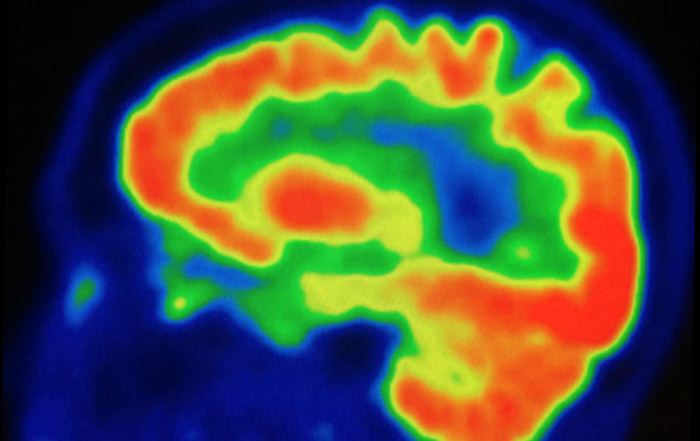Cellular and Molecular Mechanisms Governing Cortical Surface Area Overgrowth in iPSC-derived Neural Cells from Longitudinally Characterized Autism Individuals | Hazlett | $49,720
Cellular and Molecular Mechanisms Governing Cortical Surface Area Overgrowth in iPSC-derived Neural Cells from Longitudinally Characterized Autism Individuals 2018 Award: $49,720 Many individuals with autism spectrum disorder exhibit larger brain volumes early in life. By mimicking and studying brain cells from subjects with ASD and subjects without ASD, Dr. Hazlett and her team are working to determine the underlying pathologies of brain overgrowth. These results will help identify biological markers which will inform more personalized early treatments for ASD. Need/Problem: Autism spectrum disorder (ASD) is an etiologically heterogeneous disorder that affects 1 in 68 individuals, and confers a lifelong burden to most affected individuals and their families. ASD has been consistently characterized by early brain overgrowth in neuroimaging studies. Grant Summary: We will generate and study neural cells from individuals with ASD and matched controls who have been profiled [...]


